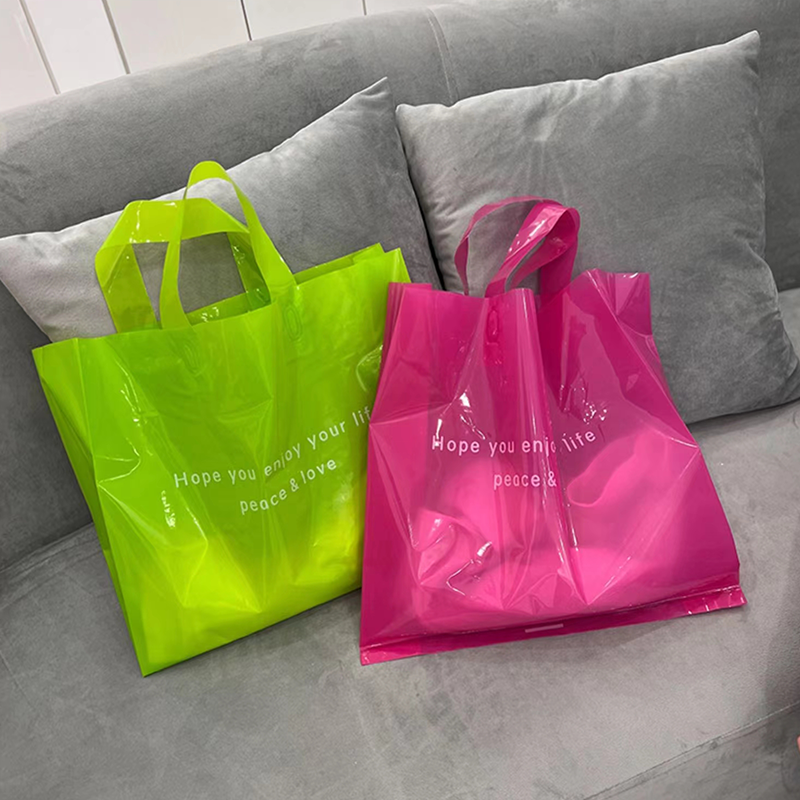How Eco-Friendly RPET Bags Reduce Your Carbon Footprint & Packaging Costs
The Growing Demand for Low-Carbon Packaging Solutions
Forward-thinking organizations now prioritize packaging solutions that align with global climate goals while maintaining operational efficiency. Recycled polyethylene terephthalate (RPET) bags address this dual challenge by transforming post-consumer plastic waste into durable packaging resources. Unlike conventional plastic production that relies on virgin petroleum, RPET manufacturing reduces energy consumption by up to 60% while diverting plastic from landfills. This closed-loop approach directly supports corporate ESG targets by lowering Scope 3 emissions associated with raw material extraction and transportation.
Cost-Efficiency Through Sustainable Material Lifecycles
RPET technology enables businesses to achieve long-term cost predictability in packaging procurement. By stabilizing material costs through recycled content integration, companies mitigate price volatility linked to fossil fuel markets. The inherent durability of RPET fibers allows for repeated reuse cycles in industrial applications, from component packaging to retail display solutions. Bulk customization options further enhance cost-effectiveness, enabling businesses to standardize packaging across multiple product lines while maintaining brand consistency.
Enhancing Brand Value in Eco-Conscious Markets
Adopting RPET packaging demonstrates tangible environmental stewardship that resonates with modern consumers and B2B partners. Certified recycled content provides verifiable data for sustainability reporting, strengthening compliance with international environmental standards. The material's compatibility with digital printing technologies allows full-color branding opportunities without compromising recyclability. This combination of ecological responsibility and professional presentation positions organizations as leaders in their industry's green transition.
Operational Advantages of Closed-Loop Systems
RPET integration simplifies waste management protocols through inherent recyclability, reducing disposal costs and regulatory risks. Lightweight material properties decrease shipping expenses while maintaining product protection standards. The moisture-resistant characteristics of RPET fabrics ensure reliable performance in diverse storage conditions, from warehouse environments to refrigerated logistics chains. These operational benefits complement the environmental advantages, creating comprehensive value for procurement decision-makers.
Future-Proofing Packaging Strategies
As governments worldwide implement stricter plastic regulations, RPET solutions provide proactive compliance with evolving legislation. The material's adaptability supports circular economy initiatives through end-of-life takeback programs and industrial-scale recycling infrastructure. Advanced blending techniques now allow RPET integration with other sustainable materials, enabling customized performance characteristics for specialized applications. This technological flexibility ensures long-term relevance in dynamic market conditions.
Implementing Effective Transition Strategies
Successful RPET adoption requires partnership with suppliers maintaining robust traceability systems and quality certifications. Pilot programs should validate material performance against specific operational requirements, from weight capacities to automated handling compatibility. Gradual phase-in approaches allow cost optimization while maintaining production continuity. Comprehensive lifecycle analysis tools enable accurate measurement of environmental and financial impacts, supporting data-driven decision-making across procurement teams.
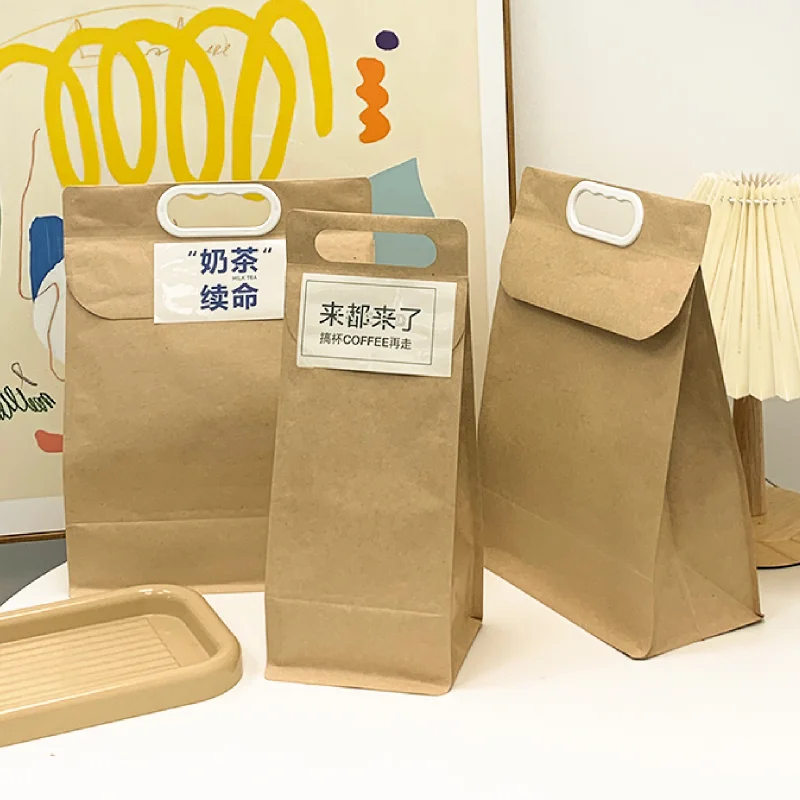

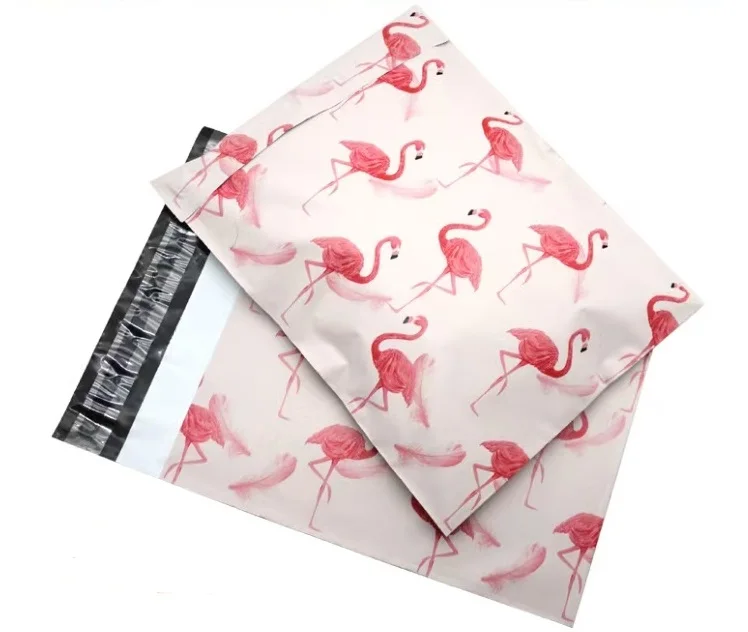
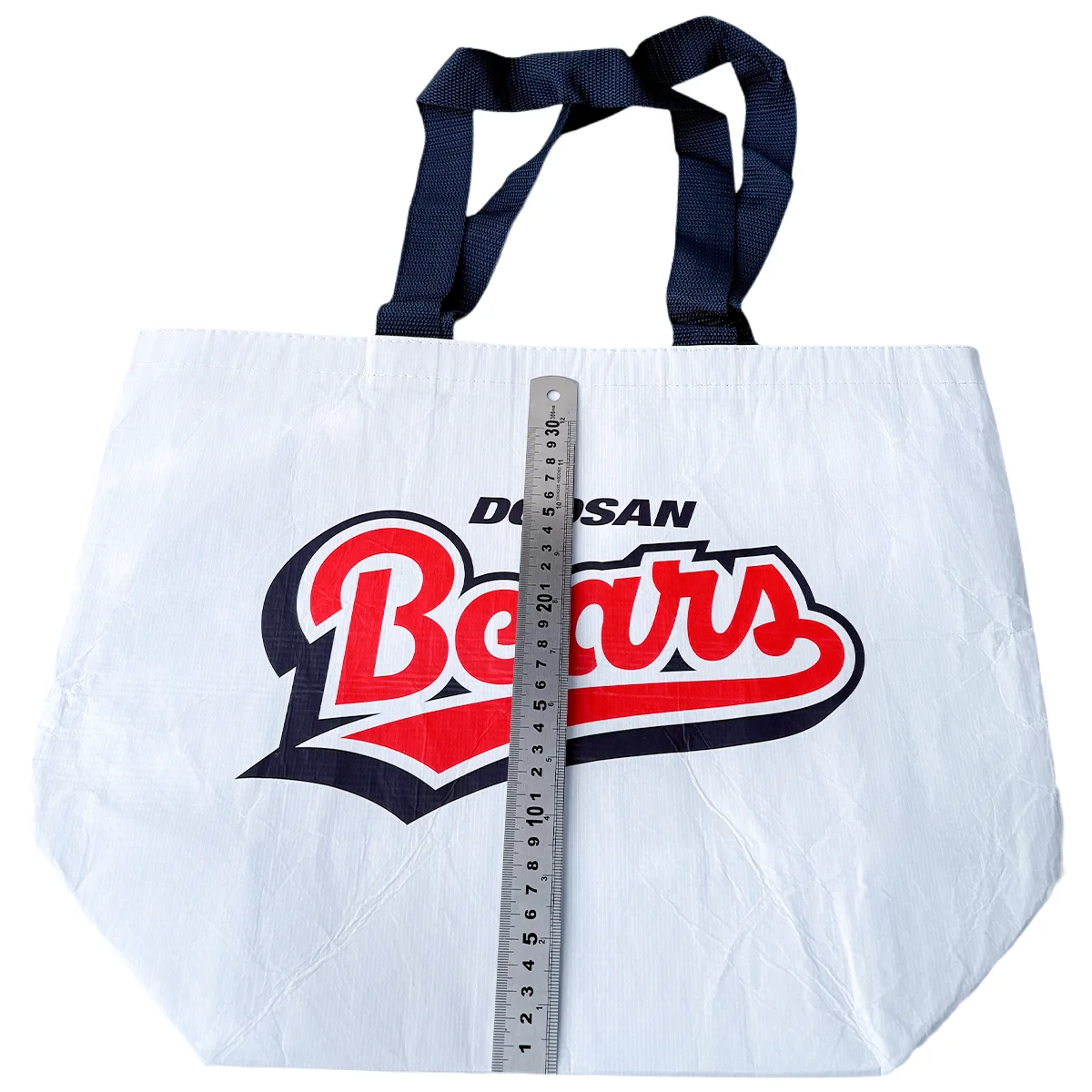

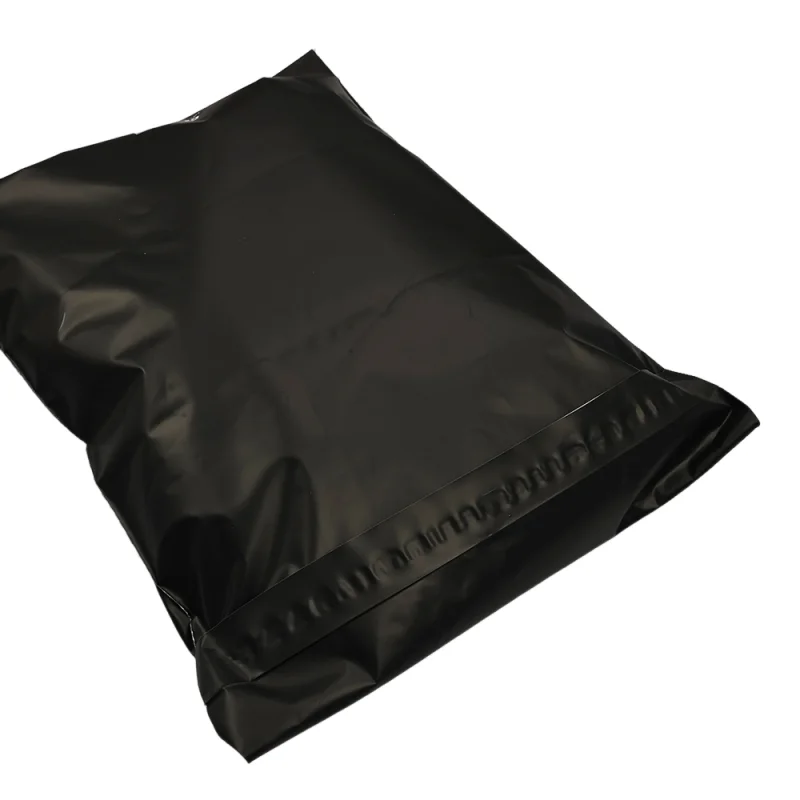
 Hot News
Hot News